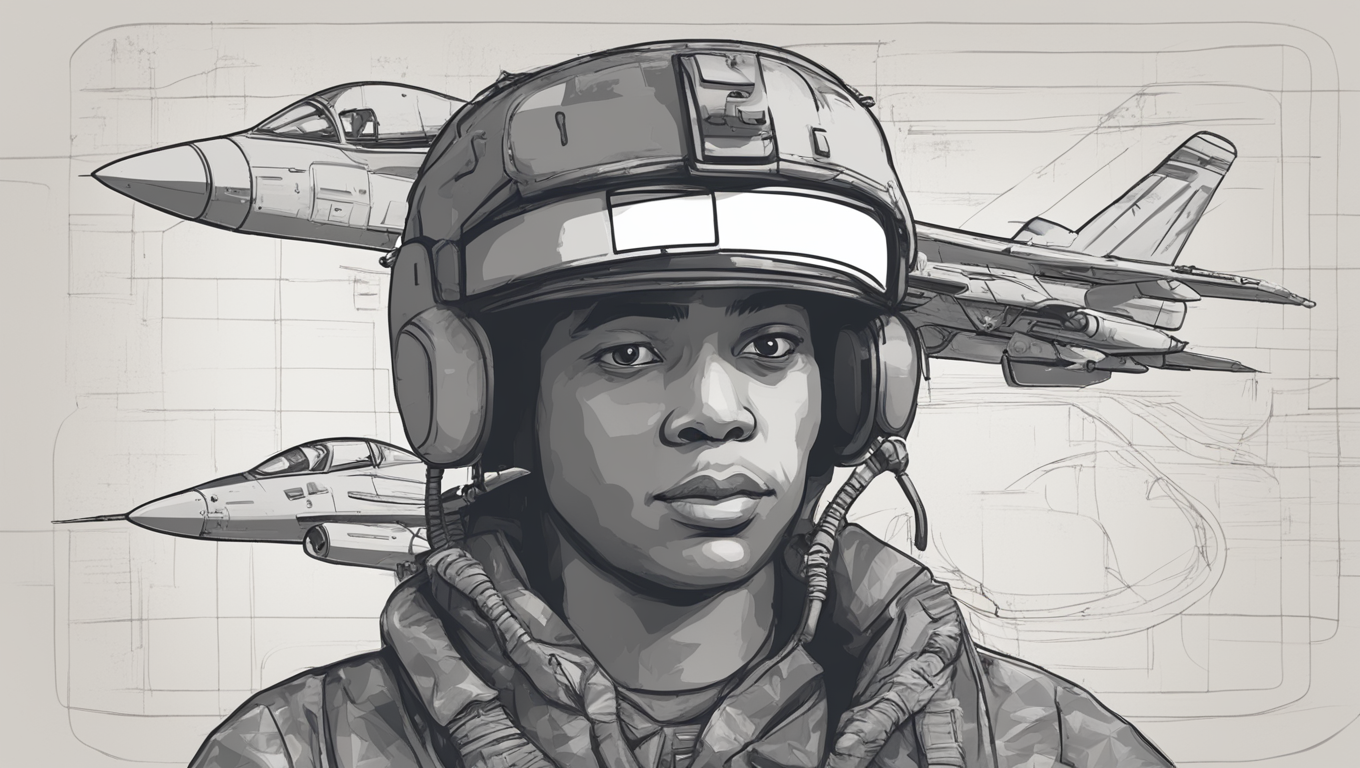The US Air Force has taken a significant step towards enhancing military skills with the introduction of NIPRGPT, an AI chatbot service. The Department of the Air Force believes it is crucial for personnel to acquire the necessary skills in dealing with generative AI. The service is part of the US Department of Defense’s “Data, Analytics, and Artificial Intelligence Adoption Strategy” (PDF), aiming to integrate advanced AI technologies into the military more rapidly. This move is vital to ensure that the US maintains decision superiority on the battlefield in the years to come.
As part of an experiment, NIPRGPT will test AI models from various providers. The Air Force Research Laboratory (AFRL) is conducting this field trial, utilizing NIPRGPT as an “experimental bridge” to allow military personnel to test different (commercial) AI solutions in a secured environment under real conditions. Airmen, Guardians, civilian employees, and contractors will gain insight into how these tools could aid them in their work. Alexis Bonnell, the Chief Information Officer of AFRL, emphasized the importance for everyone to learn how to utilize these tools effectively and achieve the best results.
The AFRL will collaborate with commercial partners to test and integrate their tools, determining their usefulness for military services. Colleen Roller, a senior computer scientist at AFRL, hopes for great interest in testing various commercial tools in conjunction with their system, processes, and security protocols. This approach will facilitate better purchasing decisions. Users will be able to provide feedback through the platform, aiding in the development of policies and enabling informed discussions with vendors. Insights from those closest to operational challenges will inform “future policy, procurement, and investment decisions.” Key metrics such as computing efficiency, resource utilization, and security compliance will also be closely examined.
NIPRGPT is part of the US Air Force’s “Dark Saber” software platform, developed to rapidly deploy next-generation software and capabilities for the Armed Forces. It is worth noting that the US Army, Air Force, and Space Force are not the only branches experimenting with large language models. The US Navy has been actively engaged in this area as well. For instance, the Navy has deployed the AI chatbot called Amelia (PDF) in its ticket support service since summer 2023. Amelia assists users with frequently asked questions and problems related to Navy systems. If Amelia is unable to resolve an issue, it is escalated to a human help desk operator. On March 26, 2024, the Navy applied for the trademark “NavyGPT.” The description of the brand suggests it would encompass downloadable computer software with generative artificial intelligence, large language models, and machine learning for general text generation, software code generation, information retrieval, multilingual translation, text summarization, editing, proofreading, creativity, and contextual understanding.
The digital arms race in artificial intelligence appears to be gaining momentum in the USA, both on land and, now, in the air with the introduction of NIPRGPT by the US Air Force.





Use the share button below if you liked it.